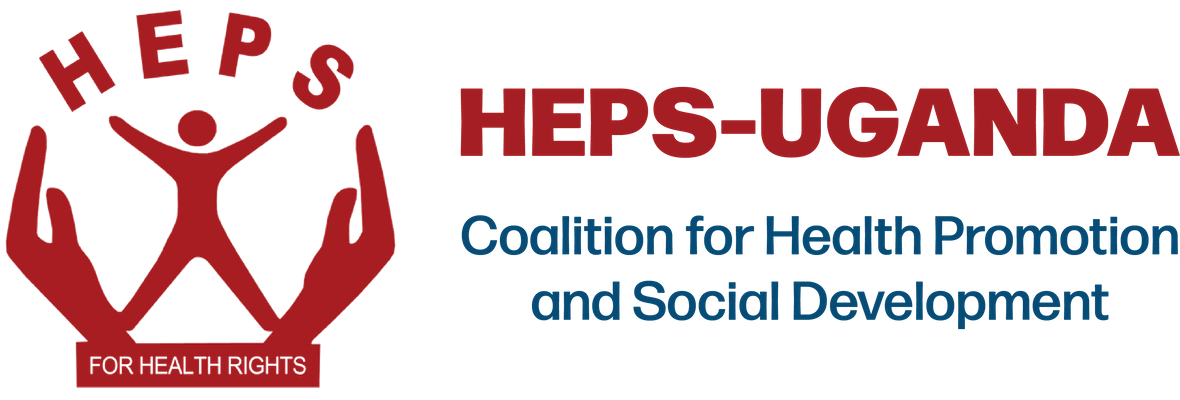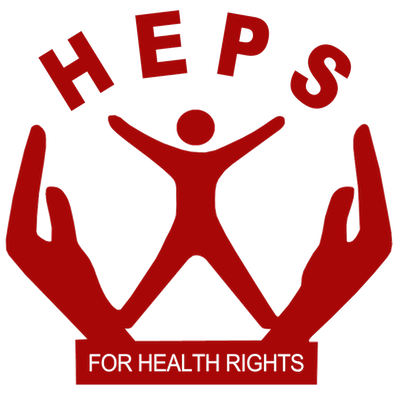The 5th National Safemotherhood conference: HEPS-Uganda participated in the three-day national conference under the theme, “Strengthening Multi-Sectoral Collaboration & Mutual Accountability for Safe Motherhood.”
During the parallel discussion, our Program Officer, Aruho Carol, presented an abstract titled “Mapping and Strengthening Referral Pathways for Adolescents: A Coordinated Approach to Post-Abortion Care and Family Planning Access in Eastern Uganda.” The presentation emphasized the critical need for improved coordination in referral systems, the use of digital tools, and enhanced community engagement to boost adolescent health outcomes and ensure better access to post-abortion care and family planning services in Eastern Uganda.
Immunisation outreaches continue: Last week, HEPS-Uganda, together with Village Health Teams (VHTs), conducted an immunization outreach in Kindeke Village, Kayera Sub-county, as part of our “Leave No One Behind” Project. During this outreach, health workers from Nyamiringa HCIII engaged mothers in interactive health talks, explaining the importance of each antigen administered to children and addressing community concerns about multiple injections. These discussions were especially timely in light of the recent measles outbreak in Kiboga District, where all children under five years are set to be vaccinated. As part of our continued efforts, we will support school visits during the Integrated Child Health Days in Kiboga and Kyankwanzi. The emphasis will also be placed on measles vaccination for children under five throughout the ICHDs.
HIV/TB services integration: HEPS-Uganda took part in the CSO validation meeting for a report on the integration status of HIV/TB services within public health facilities in Uganda. Key issues addressed during the discussion included forced public disclosure and related stigma, shortages in human resources, inadequate funding, the exclusion of networks in the integration rollout, limited stakeholder engagement, and challenges in data management.
From our partners:
CEHURD: In collaboration with Reproductive Health Uganda and Oxfam Uganda, CEHURD carried out community health outreach activities in the West Nile region to promote Sexual Reproductive Health and Rights among marginalized and vulnerable populations, particularly adolescent girls and young women. These efforts integrated outreach with community dialogue to encourage a transition from traditional top-down health service delivery models to a more inclusive and responsive system. This system aims to ensure that health services are accessible, acceptable, and of high quality, ultimately leading to improved health outcomes and enhanced resilience within the community.
GNP+: In collaboration with the Digital Health Rights Consortium, GNP+ took part in a dialogue organized by UNESCO as part of the Media and Information Literacy (MIL) initiative. The discussion, held under the theme “Minds Over AI – MIL in Digital Spaces,” focused on promoting critical thinking and responsible digital engagement amidst the growing influence of artificial intelligence.
From your Community:
Alur. The Alur Kingdom called on couples preparing for marriage to undergo HIV testing as part of efforts to curb the rising cases of gender-based violence and promote healthier relationships within communities.
Teso: Leaders are concerned over increasing hesitancy to seek medical care in Katakwi district, including the Iteso Cultural Union, which raised a red flag over the rising number of individuals suffering from illness but hesitating to seek medical attention.
Busoga: Busoga’s health sector to be supported by the Netherlands, Fredereike Quispel(The Ambassador of the Kingdom of the Netherlands to Uganda ) expressed interest in expanding the Sexual Reproductive Health rights program within the Kingdom.
From Uganda:
Government Moves to Integrate Mental Health into Workplace Policy Frameworks
The Ugandan government announced plans to integrate mental health and well-being into national workplace policies, in a move aimed at promoting safer, more productive, and supportive work environments across the country’s private and public sectors.
The Uganda government, in Partnership with Reckitt( the global manufacturer of Dettol, Jik, Harpic, and Durex), Launches Phase II of Dettol Hygiene Quest to Boost School Sanitation and Health, a sanitation initiative aimed at promoting a culture of handwashing and hygiene in schools across East Africa.
From the region:
Tanzania: The government of Tanzania directs all hospitals in the country to prioritize emergency medical services upon patients’ arrival, regardless of their financial status. This is aimed at enhancing the capacity of regional referral hospitals to handle critical cases first.
Global health security:
HIV rises among older Africans. Despite the public health efforts across sub-Saharan Africa focusing on HIV prevention, testing, and treatment campaigns on children and women of reproductive age, most HIV programs and studies still neglect the population over 50 years of age. A consequence of this is that the HIV epidemic is increasingly affecting older people, especially women past childbearing age, who are often invisible in surveillance data, overlooked in prevention messaging, and underrepresented in care strategies. One consequence of this is that the HIV epidemic is increasingly affecting older people.







